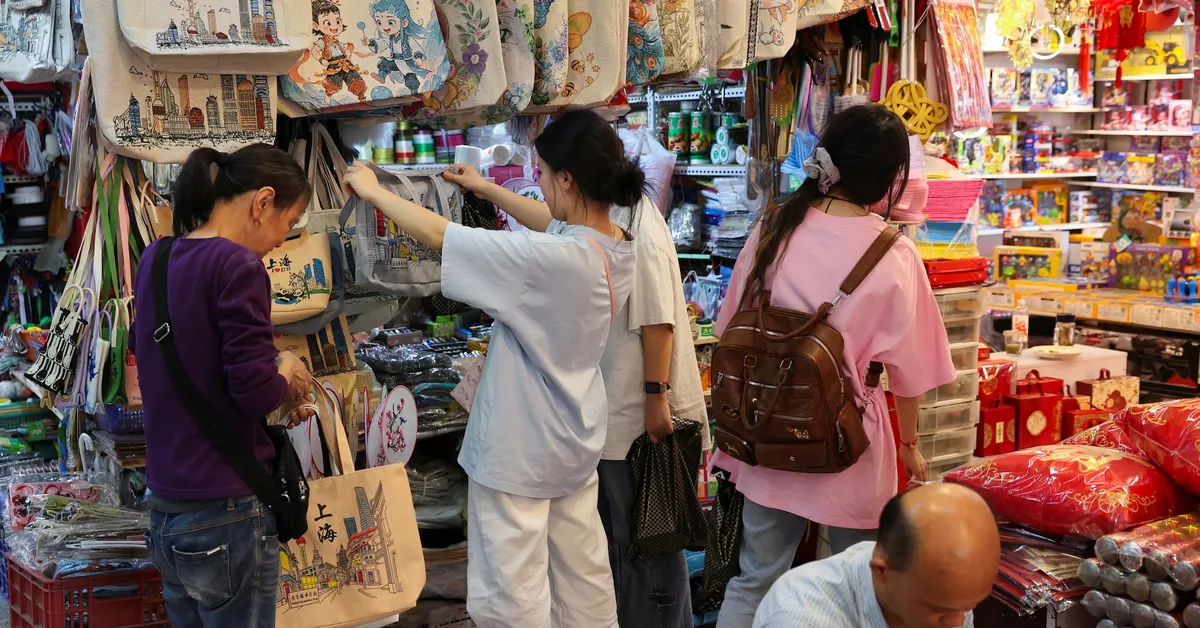
In May, China's producer deflation reached its most severe level in nearly two years, with the producer price index (PPI) dropping by 3.3% compared to the previous year. This decline marks a significant worsening from April's 2.7% decrease and represents the steepest contraction in 22 months, according to data released by the National Bureau of Statistics. This alarming trend is further compounded by ongoing consumer price declines, as the country grapples with economic headwinds including trade tensions and a persistent downturn in the housing market.
The ongoing tariff war with the United States has introduced significant uncertainties, negatively impacting sentiment and leading to predictions of increased policy stimulus to mitigate deflationary pressures. Zhiwei Zhang, the chief economist at Pinpoint Asset Management, noted that the pressures of persistent deflation are evident. He highlighted the price war in the auto sector as a key indicator of fierce competition that is driving prices lower. Zhang also expressed concern regarding the real estate market, as property prices have resumed their downward trajectory in recent months following a brief stabilization.
In addition to the producer price index, the consumer price index (CPI) also showed signs of weakness, dipping 0.1% in May compared to the previous year. This decline mirrors April's performance and is slightly better than the 0.2% drop that analysts had predicted in a recent Reuters poll. On a month-to-month basis, the CPI decreased by 0.2%, contrasting with a slight increase of 0.1% in April, aligning with economists’ expectations of a 0.2% decline.
Despite recent policy support measures, fragile domestic demand continues to hinder China's economy. Retail sales growth slowed in May as consumer spending remained subdued amid job insecurity and stagnant new home prices. The core inflation measure, which excludes volatile food and fuel prices, saw a modest year-on-year rise of 0.6%, slightly up from April’s 0.5%. However, Zichun Huang, an economist at Capital Economics, cautioned that this improvement in core prices appears fragile. Huang emphasized that persistent overcapacity is likely to keep China in a state of deflation for both this year and the next.
As China's economy navigates these challenging waters, the interplay of trade dynamics, domestic consumption, and pricing pressures will be critical in determining future economic stability. The upcoming negotiations in London between U.S. President Donald Trump and Chinese leader Xi Jinping will be closely watched for any developments that could influence both domestic and international economic landscapes.